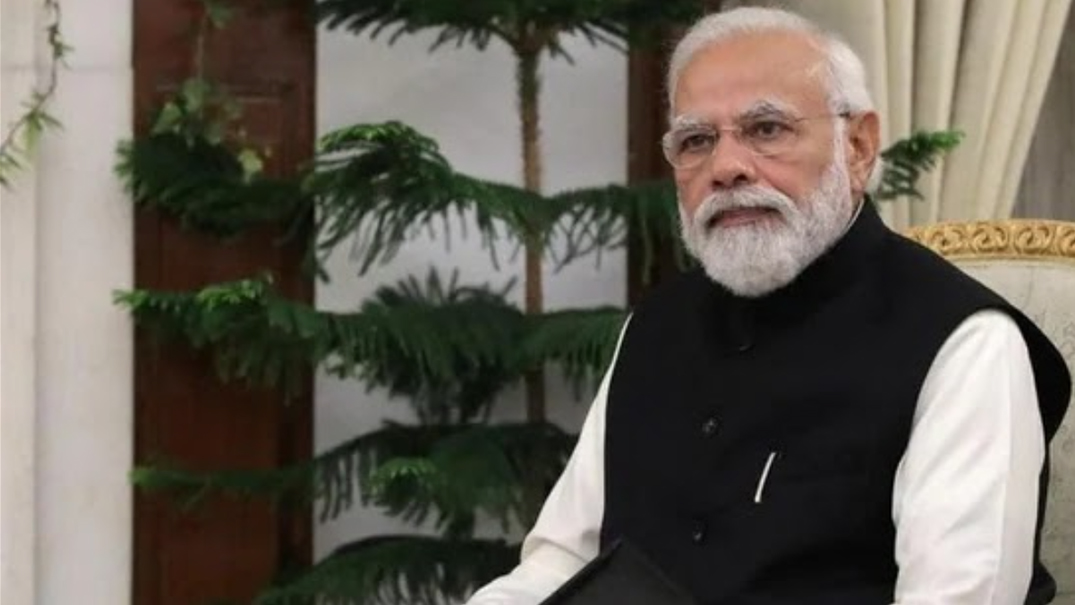EU-India partnership can be a force for global good, say experts from both sides
New Delhi, 16 March: European and Indian experts presented their policy papers and recommendations on the potential areas for further strengthening EU India strategic partnership. Connectivity, multilateralism and the Indo-Pacific were in focus at the experts’ workshop. This was organised by the Delegation of the European Union to India as part of the EU-India Think Tanks Twinning Initiative (TTTI), which has been promoting a better understanding and stimulating joint research between leading Indian and EU think tanks and academia since 2015.
Under the programme, experts from both the EU and India were invited to submit short policy papers with recommendations for EU-India cooperation in the context of Connectivity, Multilateralism and Indo-Pacific. Eleven policy papers were selected, and the authors invited to present and discuss their recommendations with EU officials including, Mr. Ioannis Giogkarakis Argyropoulos, Head of Division, Regional Affairs and South Asia, European External Action Service, Brussels, and Mr. Christophe Manet, Head of Political Section, EU Delegation to India, New Delhi.
Delivering the welcome remarks, Mr. Christophe Manet, EU Delegation to India, Head of Political Section, said, “We put the spotlight on three of our key priorities – Connectivity, Multilateralism and the Indo-Pacific, in the second edition of the Think Tank Twinning Initiative . By historical standards the geostrategic situation is extremely fluid; further,the COVID-19 pandemic has exacerbated previous trends and created new ones. The papers which were presented provide relevant insights on the three key priorities and offer concrete recommendations on how India and the EU could further strengthen its position as a be a ‘force for good’ in global affairs.”
“Substantial progress has been made since the last EU – India Summit in July 2020 on many fronts, including in foreign policy and security. First ever maritime dialogue with India took place at the beginning of this year. We also held the first high-level dialogue on trade in February this year. However, we believe that there is a lot of room for strengthening the partnership further, especially in the backdrop of the upcoming Leaders’ Meeting. .” said Mr. Argyropoulos.
The recommendations of selected think tanks’ papers were presented during the virtual workshop by Ms. Stefania Benaglia, Manager of the EU India Think Tanks Twinning Initiative under the EU Public Diplomacy and Outreach Project.
EU-India TTTI Second Experts’ workshop policy papers presented at the workshop
- Zane Šime, (Latvian Association of Political Science): investing in the future of the EU-India strategic partnership
- Focusing on education and people-to-people exchanges, recommendations include an Open Online Course focussing on the EU-India Roadmap to 2025 and an EU-India Youth Summit, besides capacity building to improve democratic participatory processes.
- Jan Hornat and Zachary Colin Lavengood (Charles University): Encouraging EU-India Multilateral Cooperation on AI Governance & Research
- Focusing on AI, recommendations include establishing an EU-India ‘AI Center of Excellence’ (AICOE), improve EU-Indian Intellectual Exchange, establish a ‘Smart City’ twinning program and issue a joint declaration on democratic ethics in AI.
- Nicolas Köhler-Suzuki, (Jacques Delors Institute): EU-India cooperation towards a Digital Economy Partnership Agreement: A steppingstone to update the multilateral economic rulebook for the 21st Century
- Focusing on Digital Trade, recommendations include ensuring that data localization policies aren’t used as hidden protectionism as an open model with high regulatory standards would bring greater benefit to the economies.
- Archana Choudhary (Birla Global University (BGU)): private financing in renewable energy
- Recommended that India and the EU can deliberate on generating funds through crowd funding and ensure a proper regulatory framework for greater success.
- Lara Klossek (Institut Barcelona Estudis Internacionals (IBEI): Capacity building and training of peacekeepers – Exploring Synergies between India and the European Union
- Policy paper recommends that EU-India should assist other countries in implementing Women, Peace and Security resolutions through training (India) and finances (EU), through the Centre for UN Peacekeeping (CUNPK) or United Service Institution of India (USI).
- Swati Prabhu, (Jawaharlal Nehru University (JNU)): Enhancing EU-India Multilateral Cooperation at the United Nations High Table
- Recommended creating EU-India Sustainable Development Forum involving EU’s Directorate-General for International Partnerships (DG INTPA) and the Indian Ministry of External Affairs, Development Partnership Administration (MEA DPA) on climate action, energy and environment.
- Prof. Dr. Ummu Salma Bava (Jawaharlal Nehru University (JNU)): EU-India Cooperation: Partnership for a New Multilateral Agenda
- Recommended to work jointly to strengthen the WHO, invest to bridge the 2025 roadmap and the SDG 2030 and co-branding efforts in third countries by jointly proposing new sustainable clean energy and climate partnerships.
- Priyanka Bhide and Ambika Vishwanath (Kubernein Initiative): Enhanced EU-India Multilateral Cooperation – Circular Economy
- Recommended to integrate best practices from the EU on waste management models and communication and advocacy efforts at the national, international level towards greater awareness on circular economy.
- John- Joseph Wilkins (The Azure Forum): “The EU doesn’t stop at the water’s edge”: EU-India and the Indo-Pacific
- Recommended that the EU should have a strategic focused communication in the Indo-Pacific, using counter piracy as the key. Further, to get involved in the Quad, the EU needs to position itself better, perhaps as a neutral arbiter.
- Dr. Sibapada Rath (National Maritime Foundation): Role of EU and India in nurturing the Vanilla islands as an international tourist destination
- Recommended for a policy framework for sustainable tourism and scientific data on climate change impact. Besides, joint efforts to protect the cultural and natural heritage and biodiversity and promoting air connectivity and shipping.
- Patryk Kugiel (The Polish Institute of International Affairs (PISM)): The EU and India in Indo-Pacific: Partners for a Resilient and Cooperative Order
- Recommended to establish an EU-India high-level dialogue, a joint Trust Fund to finance strategic projects and a special multilateral Track 1.5 dialogue on the Indo-Pacific. Also, to strengthen central role of regional institutions (ASEAN, BIMSTEC, IOR, ASEM)


